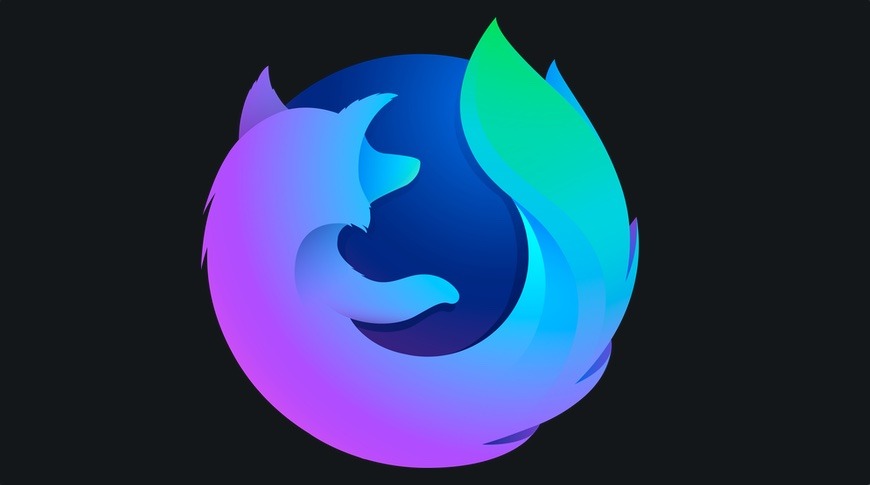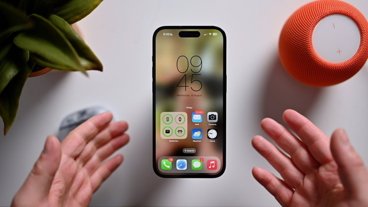Firefox on macOS will soon be more beneficial to MacBook Air and MacBook Pro users who want to preserve battery life, with Nightly builds of the Mozilla-produced browser now requiring as little as a third of the power of the main public release to render web pages.
The Nightly version of Firefox, so-called because it is updated every night, is a testing and development release of the browser that sits between the Developer Edition and the public release. Improvements that are close to being used by normal users are pushed to Nightly in preparation, with one recent addition to the browser helping reduce power consumption for macOS users.
Highlighted by developer Henrik Skupin, users of Firefox Nightly on macOS will see a "huge decrease of its power usage by a factor of about 3x" when loading webpages. The change, which revolves around using CoreAnimation for rendering, cuts down on the amount of power required for the process.
According to data shared in Mozilla's bug ticketing system, accessing some webpages requires between 21 Watts and 30 Watts of power to render without CoreAnimation, with GPU power draws of between 10 Watts and 15 Watts. Under the Nightly build from September 1, the same test pages used 8 Watts and 7 Watts, with GPU usage down to 0.2 Watts for each.
While potentially beneficial to MacBook users, it isn't available for use on the main release of the browser yet, and it is unclear when the benefits will reach that release channel in the future. The inclusion in the Nightly build is a good sign that it could arrive soon, possibly as part of version 70 scheduled to arrive on October 22.
Tuesday's version 69 of the main Firefox release does bring some benefits to macOS users, with MacBook Pro users and those with dual graphics cards will see the browser switch to lower-powered GPUs more aggressively, cutting down on power usage. Also for macOS users, download progress for files is now visible within Finder.
The release's other changes include stronger privacy elements in Enhanced Tracking Protection (ETP) including blocking third-party tracking cookies and cryptominers by default, an enhanced Block Autoplay feature, and support for receiving multiple video codecs.
 Malcolm Owen
Malcolm Owen




-xl-m.jpg)


-m.jpg)







 William Gallagher
William Gallagher
 Mike Wuerthele
Mike Wuerthele


 Thomas Sibilly
Thomas Sibilly
 Wesley Hilliard
Wesley Hilliard
 Marko Zivkovic
Marko Zivkovic








9 Comments
Has Windows enjoyed this level of optimization already, and this is a recent switch on macOS? Or is this optimization unique to macOS?
I know CoreAnimation is Apple's. Developments like this are amazing to see, particularly for software that's largely been built one way to simplify cross-platform development.
To each his own but for me Safari is all the browser I need or want. I used to have Firefox, Chrome, Opera, and a couple of others installed “just in case” but I’m down to just Safari now because it’s fast and just works. haven’t had a problem with any website in years now.